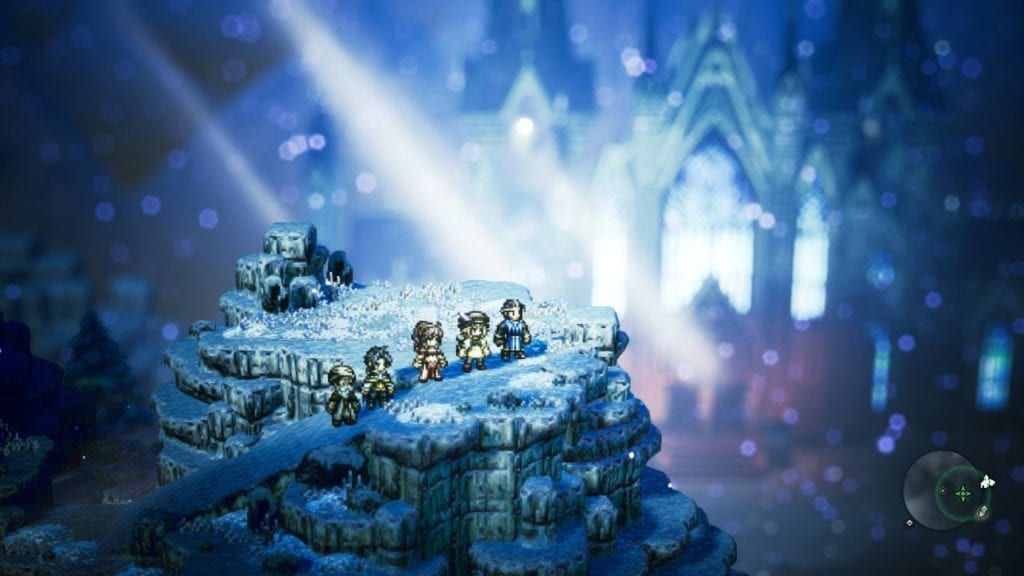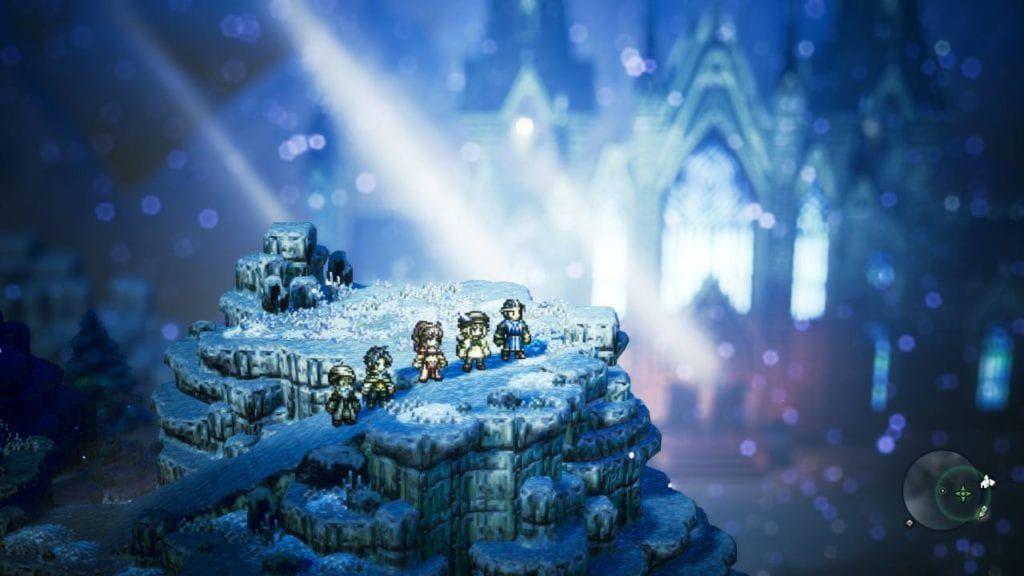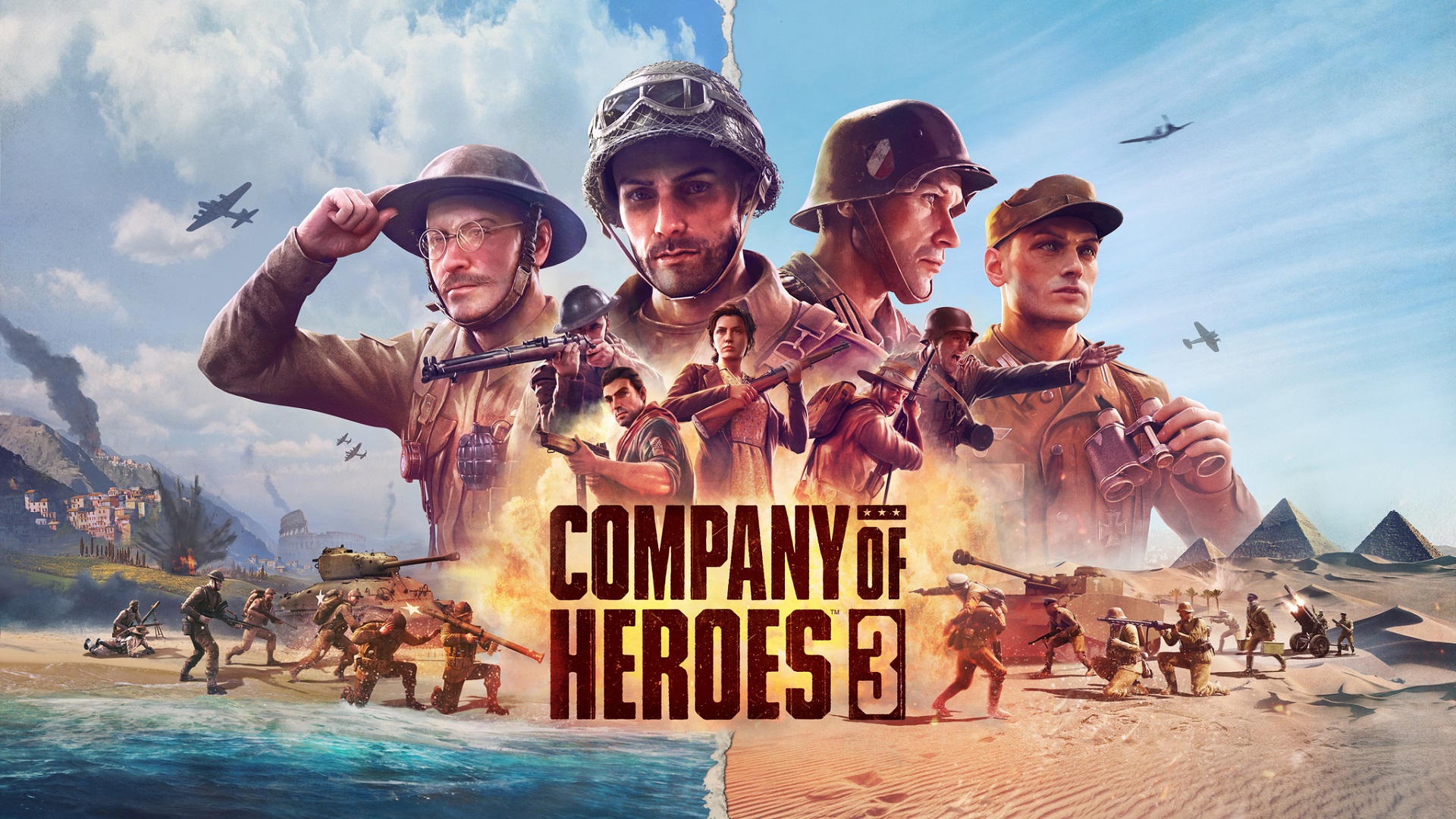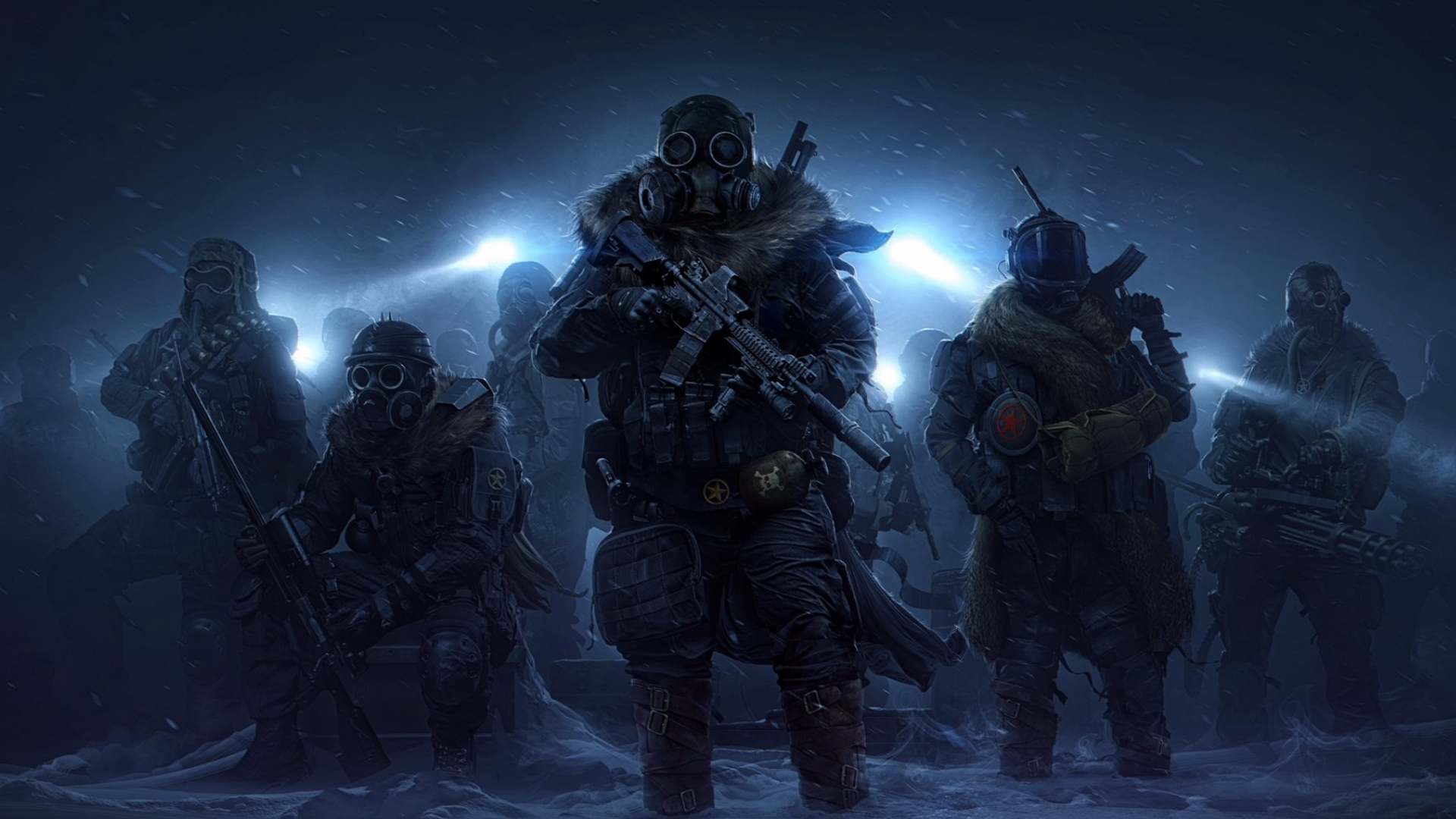
“I think the most distinctive feature of Octopath Traveler is the amazing graphics created by HD-2D,” Octopath Traveler composer Yasunori Nishiki tells me. “I thought the graphics were a wonderful mix of both nostalgic and new. The challenge with Octopath Traveler’s music is that, just as the HD-2D gave the player that feeling, the music had to do the same.”
HD-2D is a term created by the developers behind Octopath Traveler to describe its unique visual style, which sees the graphics engine combine 2D sprite work with 3D visual effects. The result is a combination of retro pixel art and detailed modern environments with glistening water, shimmering snow, thick shadows, trees that sway, and so much more. It’s easy to see what Nishiki means when he discusses the challenge.
Related: Octopath Traveler: Alfyn’s Story Was Actually Better Than Primrose’s Story If You Break It Down
“It was necessary to evolve the music from the old RPGs,” Nishiki says. “The gaming experience from my childhood is deeply related to the basis of that effort. I love old RPGs, so I wrote music that would not disappoint me, and I believed players of the game would enjoy it as well.” Nishiki’s belief turned out to be correct – the soundtrack was universally praised by fans and was nominated for Best Score/Music at The Game Awards in 2018.

Fittingly for a game that takes its cues from the past, Nishiki drew much of the inspiration for Octopath Traveler from his childhood. Although he began learning the piano at five years old, he didn’t care for it much back then – but things changed as he grew older.
“When I was about 12, I fell in love with the music of a Japanese band called Spitz,” Nishiki recalls. “My teacher taught me the chords when I took the band's sheet music to a piano lesson. Once I learned the chords, I realized that if I knew these melodies, I could play the song I wanted to with my original accompaniment. I became so enthusiastic that I finished playing all the songs in the band's score. Then I started to make my own songs with original melodies and chords. That was my first composition experience.”
Though Nishiki was able to draw on his experiences from childhood, that doesn’t mean composing Octopath Traveler was unchallenging. While he loved the experience as a whole, there were still parts of the process that were frustrating. “I remember composing the main theme was very, very difficult,” he admits. “The music director of Square Enix didn't like it, so I rewrote the theme three times. I remember telling him over the phone, ‘If you don't like this, I'll leave the project.’ But now, I really like this main theme, and I am very grateful to the music director for his tenacity.”
Related: Octopath Traveler Tips To Know Before You Start
You write the main theme for Octopath Traveler the same way you get to Carnegie Hall – practice, practice, practice. Video games are a collaborative art form, and Nishiki’s experience with composing the main theme highlights the importance of this approach. The result testifies to this fact: Octopath Traveler’s soundtrack has always stood out to me as the greatest score from any game I’ve played, and Nishiki’s ability to adapt clearly played into the final masterpiece.
The main theme is not Nishiki’s favorite, however – that would be Among Stately Peaks. When it came down to composing this, Nishiki found joy in the intricate emotions of the tale. “The middle part of the music is so emotional that it feels exaggerated for a song in a town, but I especially enjoy making emotional pieces like this,” he explains. Among Stately Peaks certainly isn’t the only emotionally evocative song on the soundtrack either, as tracks like Enveloped In Kindness and Sorrow both have a strong sentimental core, too.

With the HD-2D considerations and the repeated rewrites, the making of Octopath Traveler’s soundtrack was clearly a complex and layered journey. What was particularly fascinating were Nishiki’s concluding thoughts on the soundtrack, and the impact similar works have had on his own life and career.
“I have a lot of thoughts, but I'm very happy that many players liked Octopath Traveler's music,” Nishiki says. “I feel that the experience given to me by the wonderful RPG music that has nurtured me in the past will be put to more use. I feel a responsibility to make RPG music even better in the future as a tribute to the music that raised me.”
Nishiki’s perspective on the soundtrack’s potential legacy is indicative of the tenacious connection between him and his vocation. It’s clear now when I listen to any of the songs that his emotions are laced throughout the melodies. Nishiki’s talent, combined with his relationship to music, have been perfectly blended into what has become one of the most moving soundtracks in gaming.
Next: Octopath Traveler Is A Great Example Of Why True Endings Should Not Be Hidden In Games


